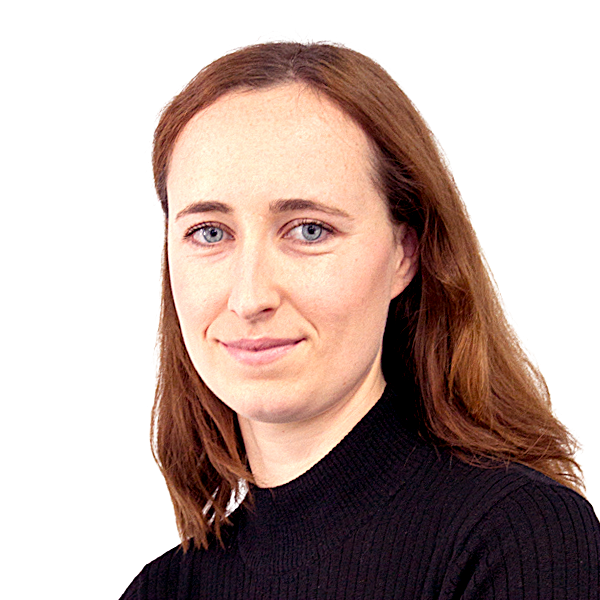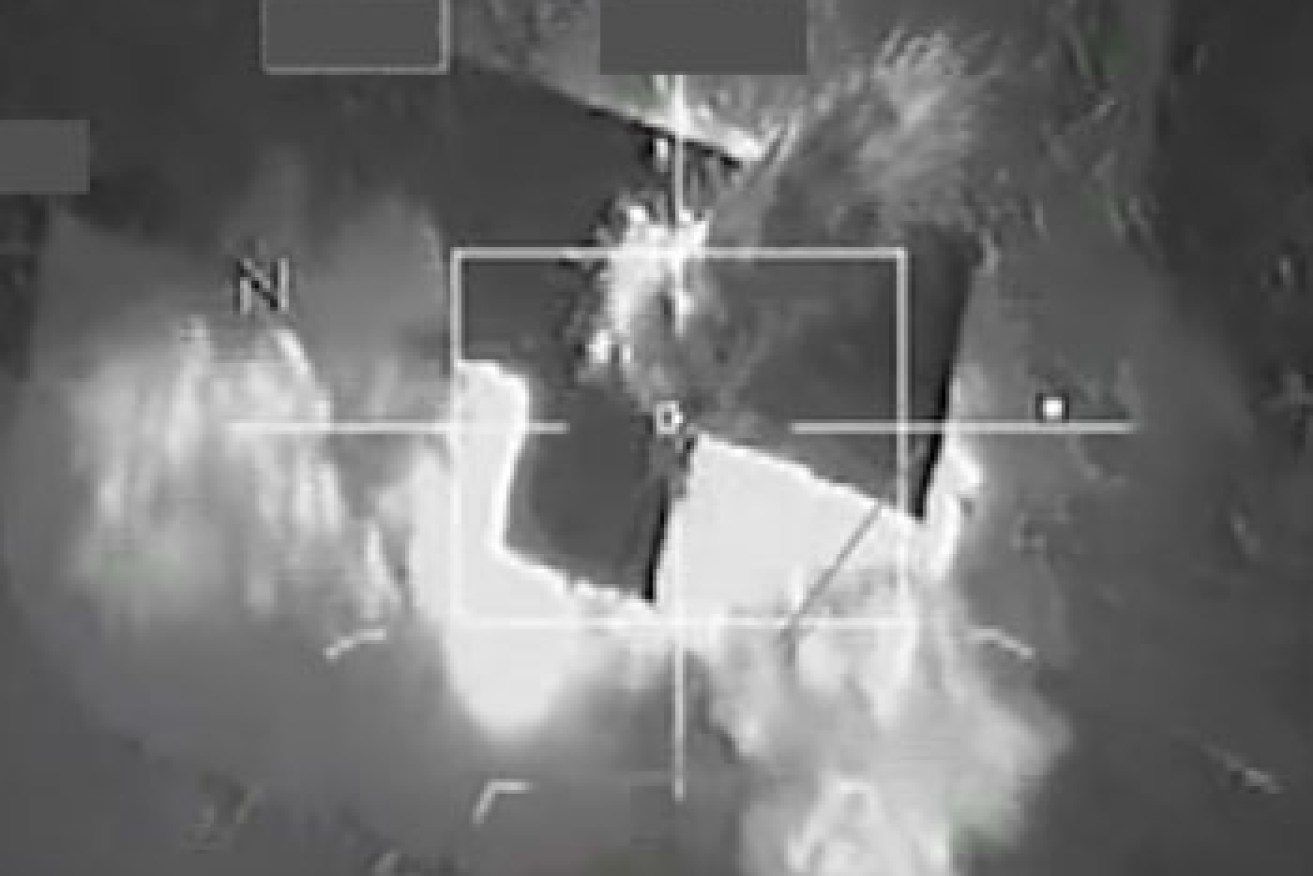Cameron: Britain must strike Syria


French warplanes bombing sites at the IS stronghold in Raqqa. Photo: AAP
Prime Minister David Cameron has told parliament Britain needs to begin striking IS targets in Syria.
Speaking to MPs after the G20 summit in Turkey, Mr Cameron said it was his “firm conviction” that current airstrikes in Iraq should be extended to Syria.
“There is a compelling case for doing so,” he said.
• French warplanes launch strikes on IS stronghold in Syria
• Police investigate ‘suspicious package’ at train station
• Traces of explosives found in Russian plane wreckage
Mr Cameron announced plans to set out a new, “comprehensive strategy” in Syria following the deadly attacks in Paris over the weekend.

French warplanes bombing sites at the IS stronghold in Raqqa. Photo: AAP
The Prime Minister pointed to the cross-border planning behind the Paris attacks as evidence of the growing threat in Syria, and the need to join the French-US coalition.
Pleading the case for extended strikes, Mr Cameron told parliament IS was not just present in Iraq, but that the city of Raqqa in Syria housed its main headquarters.
“It is from Raqqa that some of the main threats against this country are planned and orchestrated. Raqqa, if you like, is the head of the snake,” he said.
Not forthcoming in his support of the move, Labour leader Jeremy Corbyn emphasised the need for any possible strikes in Syria to be signed off by the UN Security Council.
“It is essential that any military response that might be considered has not only consent, but support of the international community,” he said.
Mr Cameron told parliament Britain was already helping French-US forces in Syria by providing surveillance and logistical support.
On Monday, French military forces dropped 20 bombs on an IS stronghold in Raqqa, Syria just two days after six co-ordinated terrorist attacks across Paris killed 129 people.
Mr Cameron indicated he would present a written strategy for Syria by the end of the week.
Any potential moves would need to win a majority in the house of commons, with a vote possible before the end of the year.








